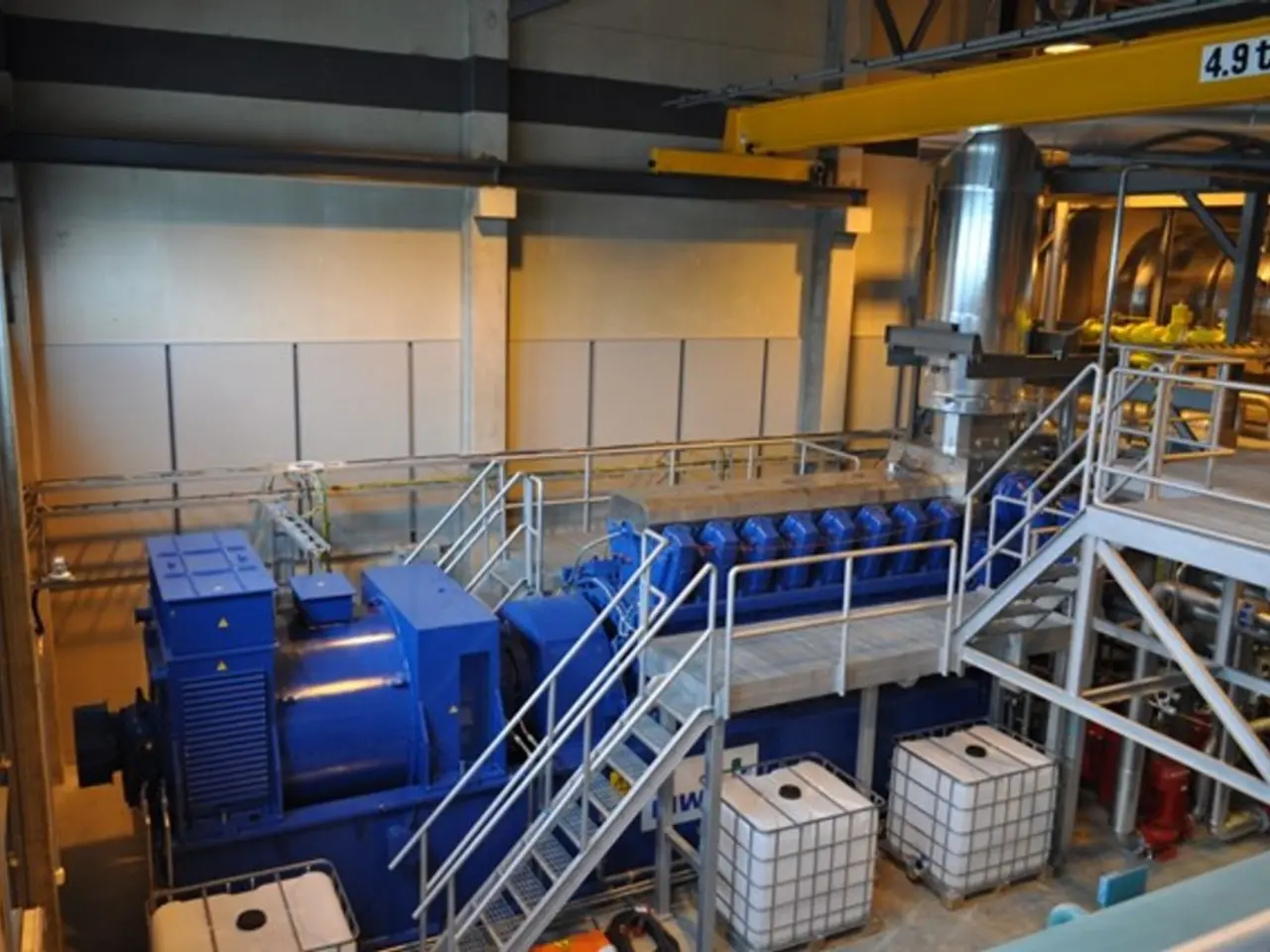European rules for plastic pellets spark skepticism
The European Union (EU) has taken a significant stride towards reducing microplastic pollution, particularly from plastic pellets, by adopting new binding legislation. This move enshrines guidelines set by the International Maritime Organization (IMO) and aims to treat plastic pellets as hazardous pollutants, not just cargo.
The new rules, which cover the entire supply chain from production to shipping, replace existing voluntary guidelines with binding ones. Frédérique Mongodin, senior marine litter policy officer at Seas At Risk, welcomed the inclusion of maritime transport in the new rules. Paulina Hennig-Kloska, Poland's minister for climate and the environment, hailed the EU's action as a landmark step towards reducing pellet pollution.
Each facility that handles plastic pellets must create a risk management plan with mandatory measures for packing, loading, and unloading, equipment, and training. The shipping industry has been granted an extra year to comply with the new rules, while sea freight, which accounts for two-fifths of all plastic pellets transported to the EU, is also included.
The new legislation requires companies to report pellet losses that have adverse effects on human health or the environment. It also forces them to focus on preventing accidents involving plastic pellets and to follow clear steps for cleanup if a spill occurs. The agreement is part of the Global Plastics Treaty.
However, concerns have been raised about potential loopholes and delays in the agreement weakening its impact. Small and medium-sized businesses (SMEs) are subject to lighter requirements compared to large companies, which could lead to accountability issues and potential loopholes. Rethink Plastic, a coalition of environmental groups, has expressed these concerns.
Before the formal adoption of the new rules, the European Council and European Parliament need to endorse them. Once adopted, the regulation is expected to take effect two years after its publication in the EU's official journal, and two years after that, it will take effect for the shipping industry.
The new rules mark a significant step forward in the EU's efforts to combat microplastic pollution and contribute to the Global Plastics Treaty's goals. As more details about the companies and organizations involved in the provisional agreement to reduce a major source of microplastic pollution in the world's oceans emerge, the impact of this legislation is expected to become even more apparent.








